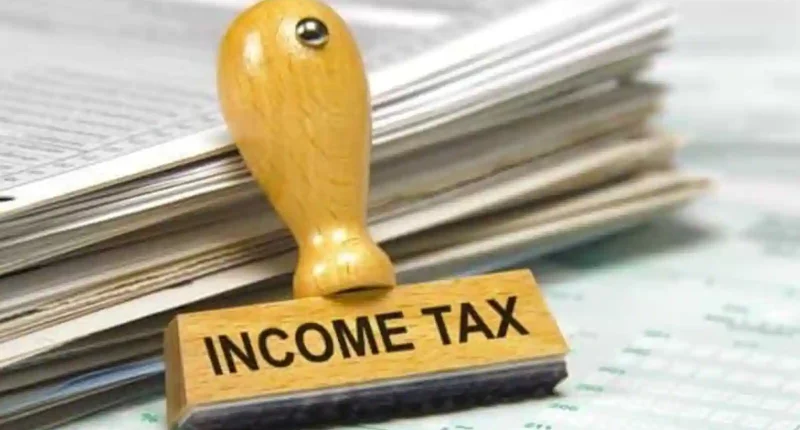We are just a few days away from 31st July 2022- the D-day for filing your income tax returns.
Putting it off until the last day will make the return filing more taxing. Pause for a quick read on all the interest incomes you are likely to overlook while filing the income tax return(ITR) this year. Missing to include them in your ITR will lead to additional taxes and penalties.
- Interest from Savings Account
If you maintain a fixed deposit or a savings account with banks, post offices or co-operative Societies, then the interest earned in such accounts is taxable.
In the ITR, include interest from all your savings accounts in the ‘Income from Other Sources’ section.
You may claim a deduction of savings interest amount Section 80TTA to the extent of Rs. 10,000.
Taxpayers aged 60 years or more can claim a deduction of both savings account interest and FD interest upto Rs. 50,000 under section 80TTB as ‘Deductions Under Chapter VIA’.
- Interest on National Savings Certificate (NSC)
If you believe that the interest earned on NSC is tax-free and, therefore, is not required to be declared in your ITR, you are mistaken. The interest on NSC is fully taxable. However, you can claim it as a deduction under Section 80C for 4 years (except the last year).
Make sure to mention this income as ‘Income from Other Sources’ for claiming the benefits of Section 80C. Otherwise, you will end up paying taxes for it.
- Public Provident Fund (PPF) interest
Interest on PPF accounts, credited annually, is now made taxable if the contributions made to the PPF account exceed Rs. 2.5 lakhs or Rs. 5 lakhs in case there is no employer contribution. The taxable and exempt interest shall be computed by the PF organisations, and tax shall be deducted accordingly. You may obtain these numbers from Form 16A issued by the PF organisation or your Form 26AS. Consider the taxable interest amount in the ‘Income from Other Sources’ section and the exempt portion in the ‘Exempt Income’ schedule under section 10(11).
- Interest received on income tax refund
Income Tax Department pays interest to compensate for the delay in payment of income tax refund. The tax refund is not taxable. However, such interest is taxable and needs to be added as your ‘Income from Other Sources’. You can easily trace such interest amount from your Form 26AS.
- Interest on security deposits with electricity, telecom companies
The utility companies (government as well as private sector) require the consumers to maintain a security deposit with them until the connection is surrendered. Interest is paid on these deposits to those consumers by either deducting it from the last bill or crediting it to their account. This interest amount becomes taxable as income from other sources.
- Interest on Locker Fixed Deposits(FD)
It is customary for the bank to attach an FD while hiring the locker services. The Reserve Bank of India (RBI) laid out the new bank locker rules that came into effect on 1st January 2022. One of the rules stated that the FD obtained from the customers must cover 3 years’ locker rent and charges for breaking it open if the need arises. The interest earned on these FDs is generally missed to be included by the taxpayers as it is generally adjusted against the locker rent payments. Such interest amount must be offered to tax as income from other sources.
For any clarifications/feedback on the topic, please contact the writer at ektha.surana@clear.in

Pursuing CA alongside my passion for content writing. Here, I ship some interesting content your way on topics- tax, personal finance and the likes .
Find my peace and energy in exploring culinary arts, anything fitness, post-card worthy places, books, indie music and more.





